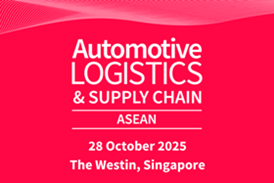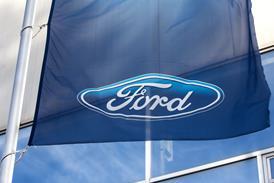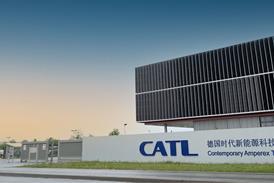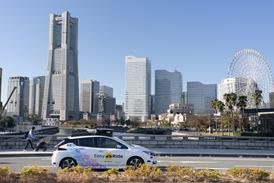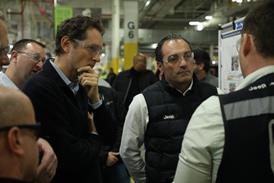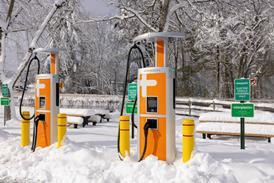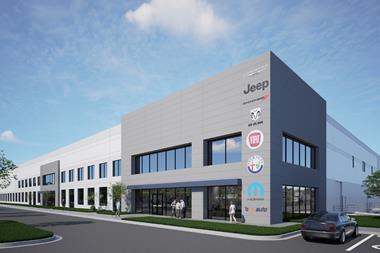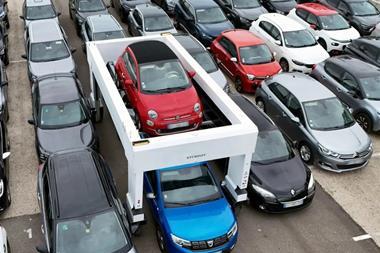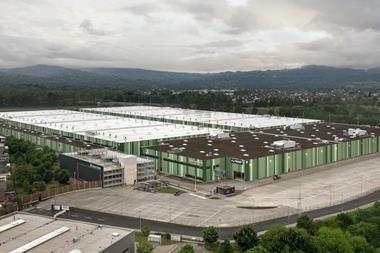
The rise in Brazil’s industrial production tax (IPI) to 30% was introduced in 2011 and targeted any vehicles with less than 65% local content, including vehicle imports and those vehicles built from imported parts. It was designed to stimulate local production by forcing foreign automakers to build or source key components in Brazil.
Even its most recent automotive plan to stimulate growth and production in the country (read more here), which should open up the way for lower taxes on both locally produced and imported vehicles, would require Geely to invest in Brazil, as its rivals Chery and JAC are doing. The company is reported to be planning to build a $311m plant there but according to the China Daily has held off on moving forward with the plans because of policy changes in the Brazilian car industry.
In the meantime, it already has a production facility using local sourcing in Uruguay, which falls within the exemptions on the tax extended to Mercosur trading partners (Argentina, Paraguy, Venezuela and Bolivia are also members).
Geely is now reported to be opening 20 dealerships in southeast Brazil by August this year that it will supply with LC and EC7 vehicles from its manufacturing facility in Montevideo, in northern Uruguay, which makes the vehicles from imported complete knockdown (CKD) kits imported there from China.
Geely signed an agreement for production there with Uruguayan carmaker Nordex last year and production at new $40m plant began in September 2012.
Full capacity at the plant is aimed at 20,000 units per year according to Geely’s Uruguayan division.
In the first year of operation, 40% components for production are being sourced from Uruguay, but the company said it has plans to increase this figure. Other components are being shipped from Argentina and Brazil, as well as from China.
Brazilian car sales dropped last year following slower economic growth and, though a reduction in IPI tax was used earlier in the year to stimulate them, sales dropped again after the incentives were withdrawn.










